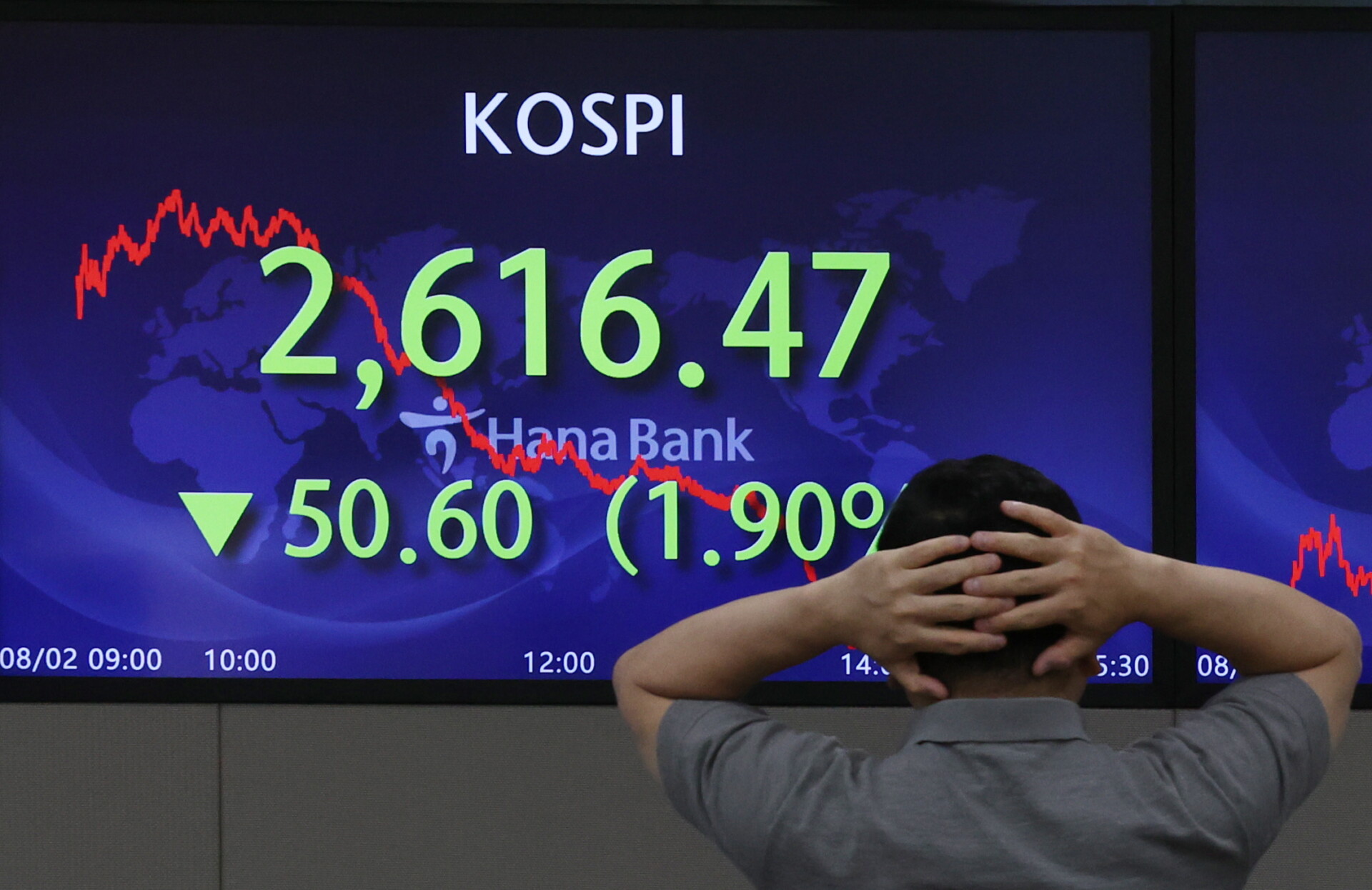Blantyre’s Healthcare Play in Greece Raises Eyebrows Over Transparency and Control
Investment fund Blantyre Capital is driving a strategic expansion of its presence in Greece’s private healthcare sector through a sophisticated financing deal involving its local subsidiary, Himithea S.A., the parent company of Errikos Dynan Hospital Center.
Himithea has successfully completed a €105.9 million convertible bond loan, entirely funded by Ometovia Holdings Ltd.—a company closely affiliated with Blantyre. The transaction was approved by the shareholders during an extraordinary general meeting on June 11 and confirmed after the funds were transferred to a Piraeus Bank account. The convertible bond issue, which could reach a total of €193.7 million, allows Ometovia the option to convert the bonds into common shares at a price of €78.247 per share at any point within the next five years. Notably, up to €78.7 million of the bond may be issued in the form of payment-in-kind (PIK) bonds, allowing the capitalization of interest instead of cash payments. The loan carries an annual interest rate of 11% and comes without collateral—an unusual feature for a transaction of this size.
The proceeds from the loan will be used to acquire a 70.11% stake in Next Health S.A., the entity that now holds the clinics and rehabilitation centers formerly owned by Euromedica, a well-established name in Greece’s private healthcare market. Through this acquisition, Himithea gains control of six general and maternity hospitals across the country, a proprietary rehabilitation center, and additional stakes in similar facilities. The remaining 29.89% of Next Health is already held by Strix Holdings, which—like Ometovia—is controlled by Blantyre through its asset management arm. That portion is also expected to be transferred to Himithea in kind, using the same PIK bond structure.
This deal is the result of an agreement reached in September 2024 between Himithea and Farallon Capital, the primary shareholder of Euromedica through EMD Holdings. The timing and structure of the transaction suggest a well-orchestrated plan by Blantyre to centralize control over a significant portion of Greece’s private healthcare infrastructure.
While the transaction gives Himithea immediate access to capital without diluting its shareholder base or pledging assets, it has also raised concerns among market observers.
The financing structure—a high-interest, unsecured convertible bond entirely subscribed by a related party—has prompted questions about transparency, governance, and future ownership implications. The high conversion price and use of PIK bonds suggest that the deal was designed to avoid outside investor involvement while increasing Blantyre’s control over Himithea and its assets.
Critics note that more conventional financing routes—such as a bank loan or a capital increase—could have achieved similar strategic outcomes with less complexity and greater market confidence. However, those options would likely have required broader investor participation or stricter due diligence processes.
From a strategic standpoint, the rationale is clear: this transaction secures Blantyre’s positioning in a growing and increasingly important sector of the Greek economy. By maintaining full control over the financing and its terms, Blantyre ensures it can strengthen its equity influence at will. The structure allows Himithea to improve its liquidity without sacrificing equity or burdening itself with restrictive covenants.
Content Original Link:
" target="_blank">
















































